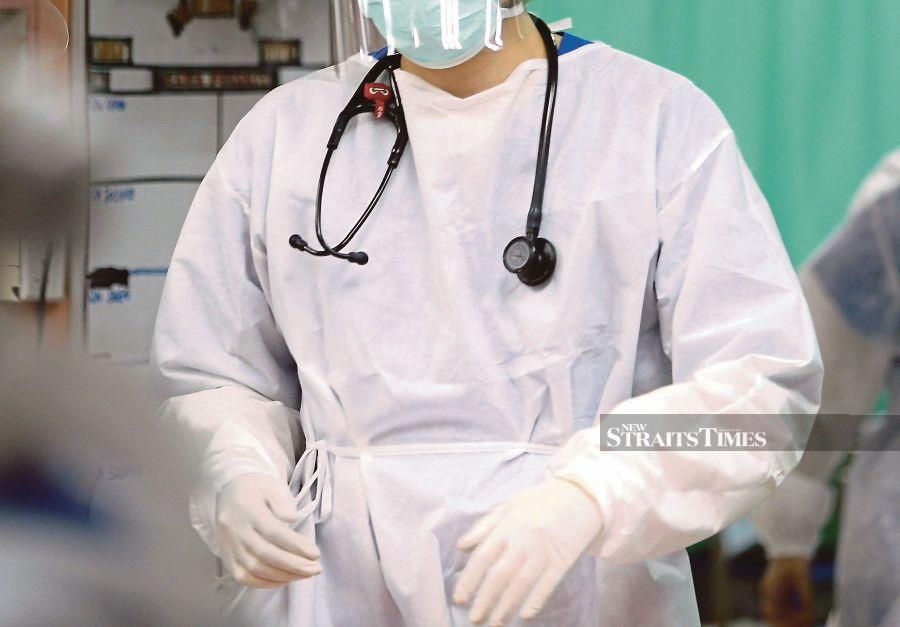LETTERS: The Parallel Pathway Programme (PPP) for specialist training in Malaysia has been invaluable in addressing the need for qualified specialists.
Training of specialists via the parallel pathway is not new. Before 1973, specialist training was entirely dependent on the PPP.
This apprenticeship-based training model, with its roots tracing back to the post-independence era, has played a crucial role in producing generations of competent specialists who have contributed significantly to the advancement of various medical fields.
There are currently 14 specialties with PPPs offered by the Health Ministry.
The PPP for the training of Internal Medicine specialists through membership of the Royal College of Physicians, one of the most established institutions in the world with the longest history, is still popular in Malaysia.
It has produced many pioneering and prominent physicians who have contributed to the advancement of Internal Medicine in the country.
Other PPPs have been introduced, including Anesthesiology and Critical Care, Cardiothoracic Surgery, Clinical Oncology, Radiology, Emergency Medicine, General Paediatrics, Obstetrics and Gynaecology, Ophthalmology, Plastic Surgery, Psychiatry, Urology and Forensic Pathology.
Over the years, the parallel pathway for Internal Medicine has been improved: it is more structured, comprehensive, flexible and robust.
It offers a unique blend of structured training and practical experience, allowing trainees to learn while managing patients under the guidance of experienced supervisors or mentors.
This hands-on approach, coupled with compulsory exposure to a diverse range of cases and sub-specialties, ensures that trainees acquire comprehensive clinical expertise and develop the necessary skills to provide high-quality care as a physician.
The success of the PPP lies in its ability to leverage the extensive clinical resources available while the trainees continue their service in Health Ministry facilities.
The high patient volume and diverse case mix provide trainees with ample opportunities to fulfil the educational requirements and achieve competency in their chosen specialties.
On the other hand, the post-graduate Master's Programme, introduced in 1973, is a university-based structured training system.
While efforts to expand the master's programme are commendable, the parallel pathway remains an essential component in addressing the shortage of specialists in Malaysia.
The number of specialists in this country stands at about 9,000, and by 2030 an estimated 30,000 will be required.
With its proven track record of producing competent specialists, the PPP should be able to complement the master's programme to meet the evolving healthcare needs of the nation.
The recent launch of the National Post-graduate Medical Curriculum in 2021 is an attempt to make these two programmes more comparable in terms of years of training, exposure, supervision, monitoring and assessment of the trainees.
This effort aims to enhance the quality and standardisation of specialist training across the country, ensuring that graduates from both pathways possess the knowledge, skills and competency to provide safe and effective specialist care to the public.
We, therefore, support the proposed amendment to the Medical Act 1971 (Act 50), which seeks to address the gap between the PPP and the master's programme.
GOH BAK LEONG
Head and Senior Consultant Nephrologist, Serdang Hospital
The views expressed in this article are the author's own and do not necessarily reflect those of the New Straits Times


